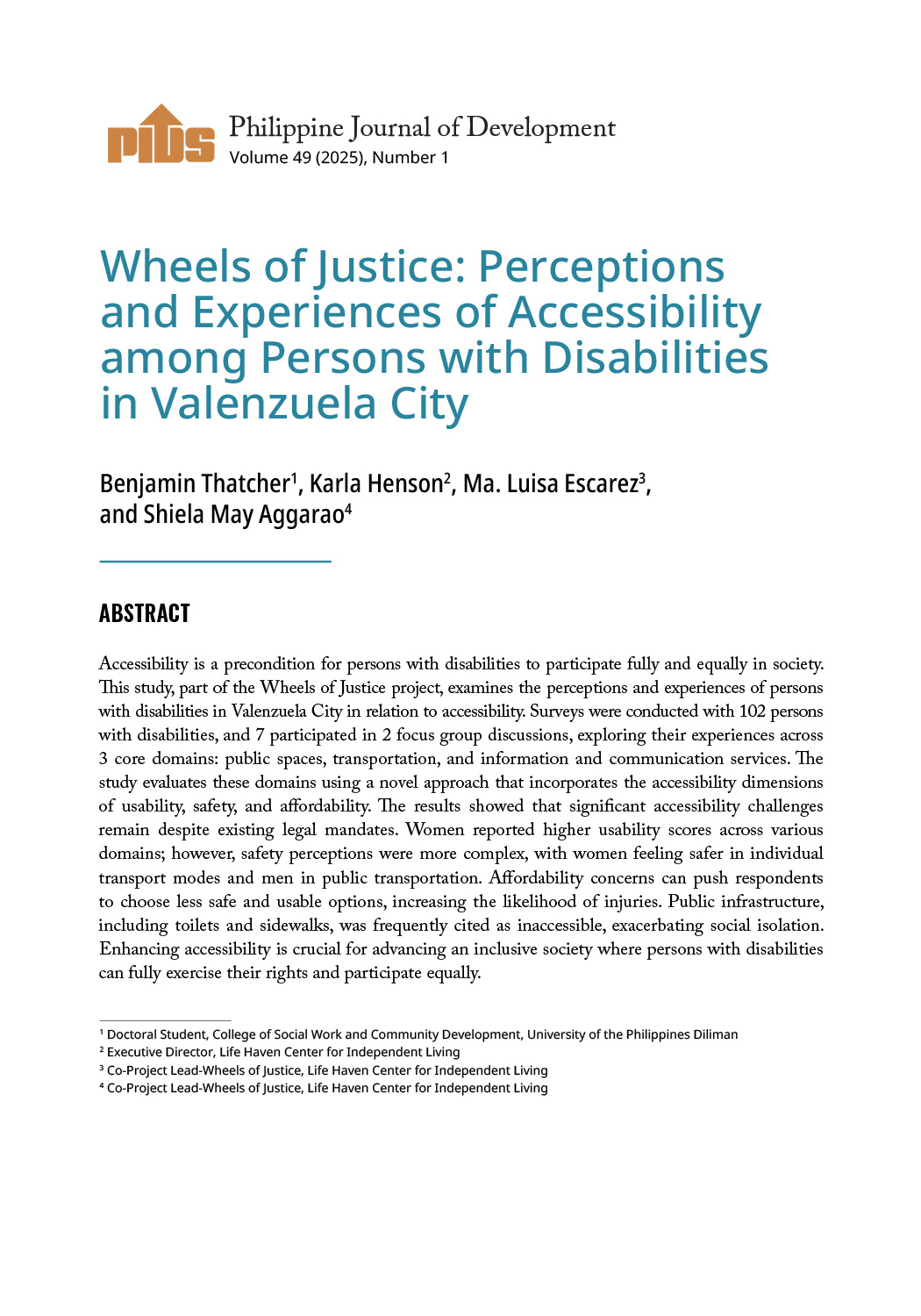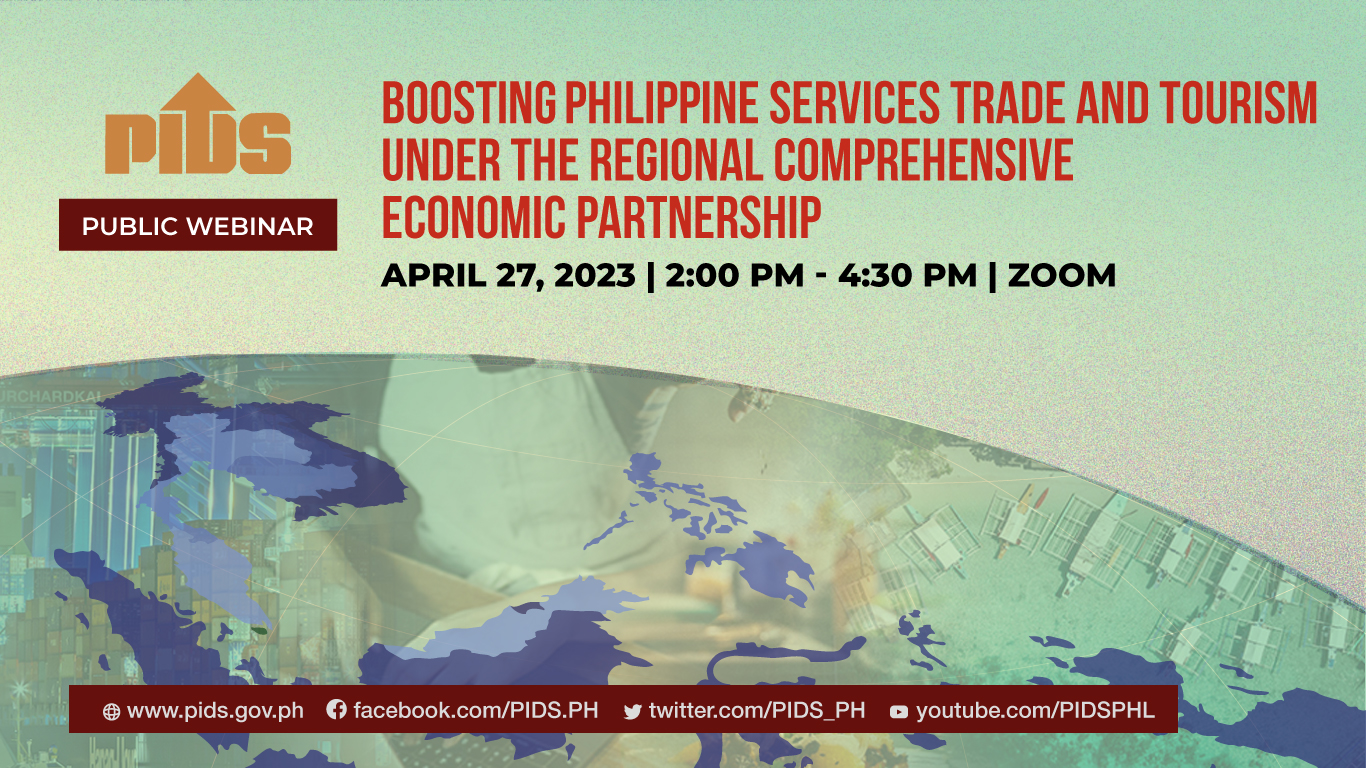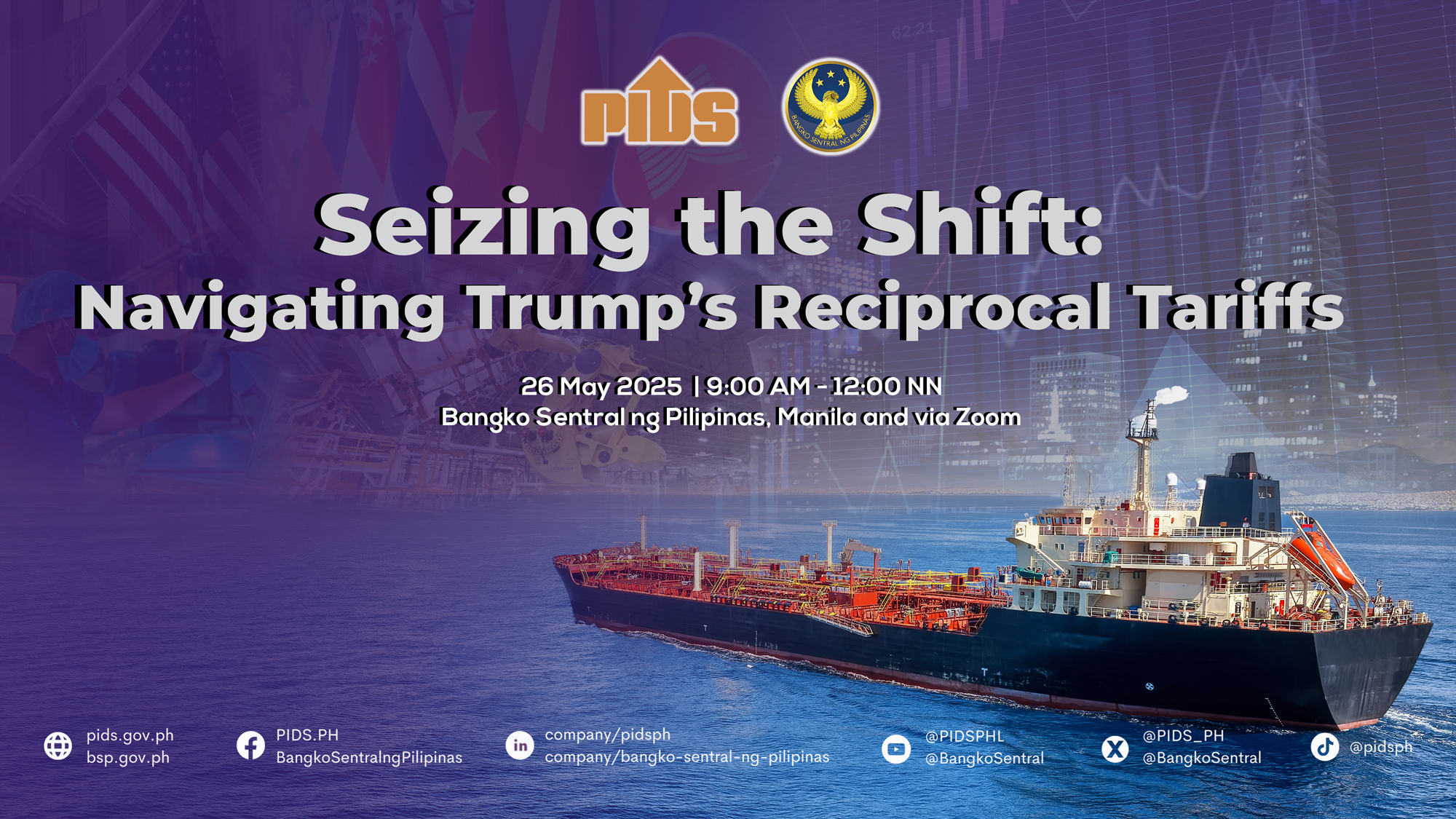A shift to federalism at this time could worsen regional inequality, given the existing highly imbalanced and inequitable political and economic development among regions, provinces and cities across the country.
In a forum organized by state think tank Philippine Institute for Development Studies (PIDS), titled “Critical Perspectives on Federalism for Regional Development” on September 19, economists and political analysts maintained that for federalism to succeed, persistent challenges in local governance and political economy issues must first be addressed.
The adoption of a federal form of government is touted by its proponents as a practical solution to persistent problems of poverty, inequality and instability. It was one of President Duterte’s campaign promises. Currently, it has a strong support from members of the “supermajority” at the House of Representatives.
PIDS senior research fellow Rosario Manasan cautioned that federalizing the country without a strong fiscal equalization formula could worsen regional inequality. She noted that the risk is high, given that the initial condition is bad to start with. Currently, revenues of local government units are concentrated in the National Capital Region (Metro Manila), and Regions 3 (Central Luzon) and 4A (Calabarzon). This situation, she said, requires equalization transfers to other states or regions under a federal system to offset differences in revenue-raising capacity or public service cost.
Nevertheless, the public finance expert acknowledged the potential benefits of deepening decentralization through federalism. According to her, a more decentralized setup will bring the government closer to the people, thereby promoting efficient delivery of public services as lower level governments are more able to respond to local needs and preferences of their constituents. “It also has the potential to enhance accountability of local politicians, as the population gets to participate more in the decision-making process,” she added.
Yet, she noted that said potential gains may be achieved with greater fiscal decentralization, with or without the shift to federalism. She argued that countries with a federal form of government are not necessarily decentralized to the same degree and some of them may be less than decentralized than those with a unitary form of government. She cited the case of Malaysia, which is a federal state, as more centralized than the Philippines, which has a unitary system.
Meanwhile, Manasan emphasized that should the country decide to shift to a federal form of government, its design should be informed by lessons learned from the country’s decentralization experience. For example, she noted the importance of stating clearly in the revised Constitution the delineation of expenditure and revenue-raising powers between the different layers of government. “Clarity in the assignment of functions to different levels of government is very important in order to avoid duplication and strengthen accountability among politicians,” she clarified.
Manasan also stressed the importance of giving lower level governments more power to collect taxes as this promotes local accountability. She proposed that “each level of government must have enough own revenues to finance the services they provide.” She pointed out that at present, there exist a low level of revenue autonomy, particularly for provinces, in terms of tax assignment.
In a forum organized by state think tank Philippine Institute for Development Studies (PIDS), titled “Critical Perspectives on Federalism for Regional Development” on September 19, economists and political analysts maintained that for federalism to succeed, persistent challenges in local governance and political economy issues must first be addressed.
The adoption of a federal form of government is touted by its proponents as a practical solution to persistent problems of poverty, inequality and instability. It was one of President Duterte’s campaign promises. Currently, it has a strong support from members of the “supermajority” at the House of Representatives.
PIDS senior research fellow Rosario Manasan cautioned that federalizing the country without a strong fiscal equalization formula could worsen regional inequality. She noted that the risk is high, given that the initial condition is bad to start with. Currently, revenues of local government units are concentrated in the National Capital Region (Metro Manila), and Regions 3 (Central Luzon) and 4A (Calabarzon). This situation, she said, requires equalization transfers to other states or regions under a federal system to offset differences in revenue-raising capacity or public service cost.
Nevertheless, the public finance expert acknowledged the potential benefits of deepening decentralization through federalism. According to her, a more decentralized setup will bring the government closer to the people, thereby promoting efficient delivery of public services as lower level governments are more able to respond to local needs and preferences of their constituents. “It also has the potential to enhance accountability of local politicians, as the population gets to participate more in the decision-making process,” she added.
Yet, she noted that said potential gains may be achieved with greater fiscal decentralization, with or without the shift to federalism. She argued that countries with a federal form of government are not necessarily decentralized to the same degree and some of them may be less than decentralized than those with a unitary form of government. She cited the case of Malaysia, which is a federal state, as more centralized than the Philippines, which has a unitary system.
Meanwhile, Manasan emphasized that should the country decide to shift to a federal form of government, its design should be informed by lessons learned from the country’s decentralization experience. For example, she noted the importance of stating clearly in the revised Constitution the delineation of expenditure and revenue-raising powers between the different layers of government. “Clarity in the assignment of functions to different levels of government is very important in order to avoid duplication and strengthen accountability among politicians,” she clarified.
Manasan also stressed the importance of giving lower level governments more power to collect taxes as this promotes local accountability. She proposed that “each level of government must have enough own revenues to finance the services they provide.” She pointed out that at present, there exist a low level of revenue autonomy, particularly for provinces, in terms of tax assignment.












